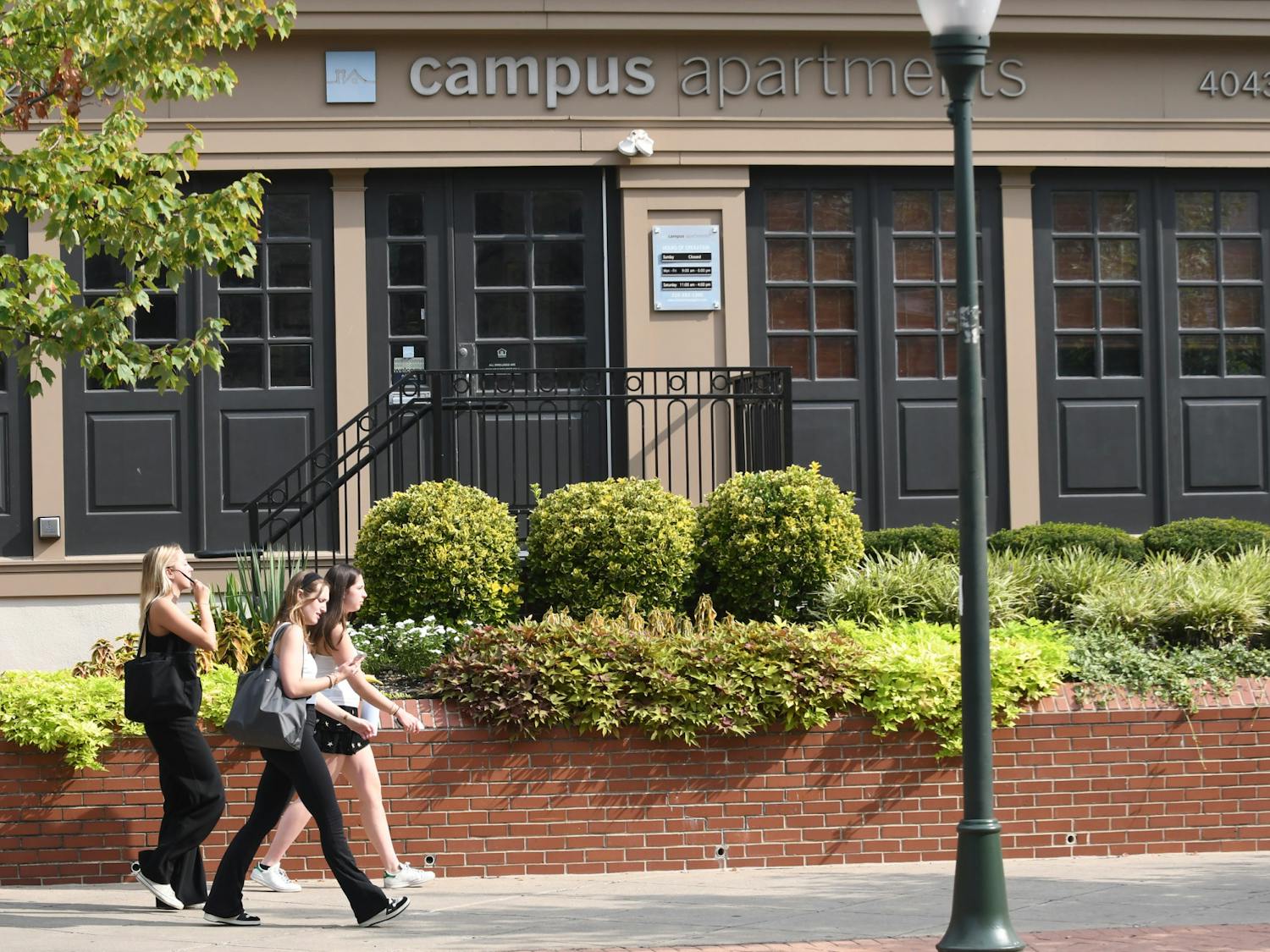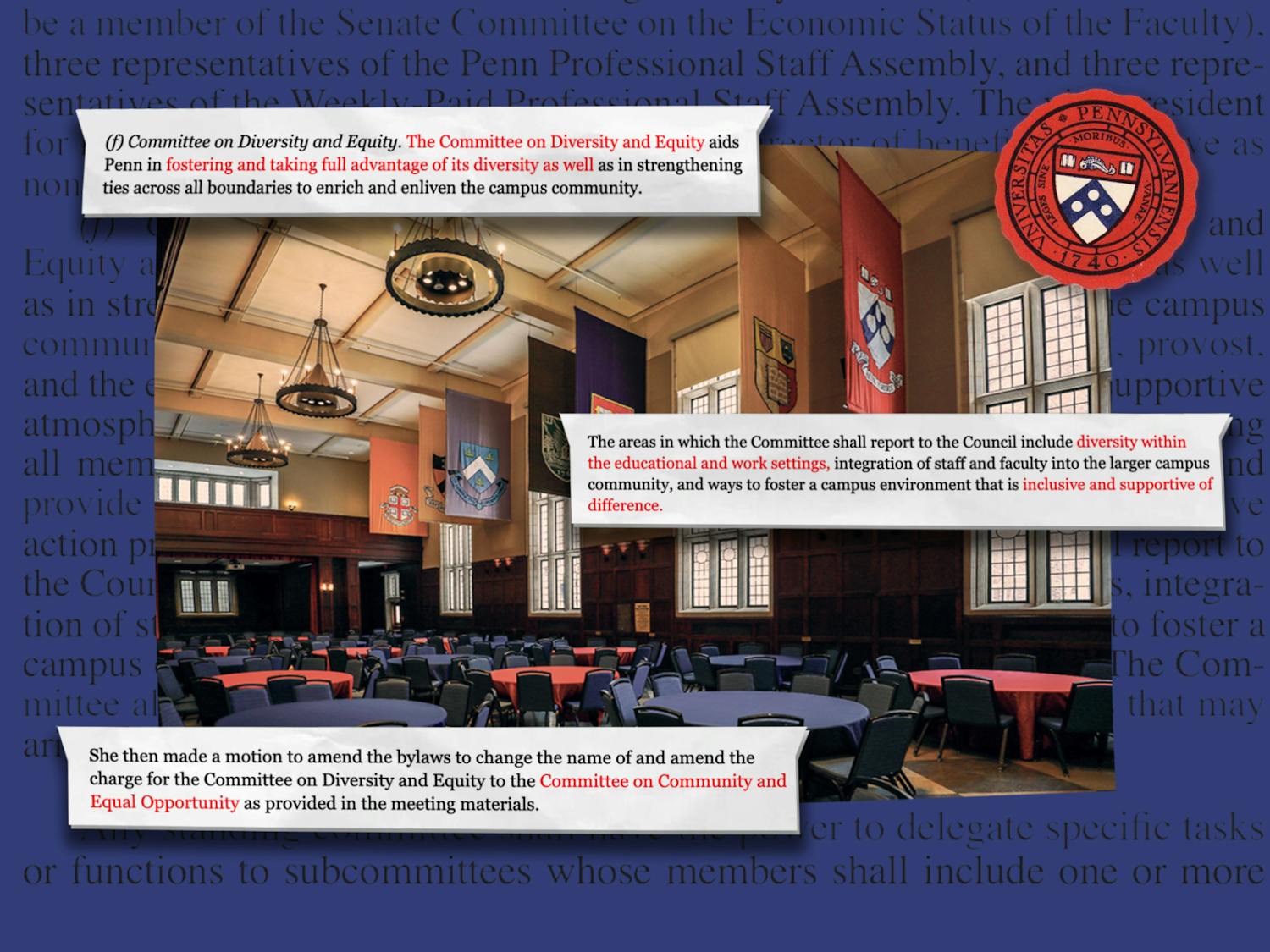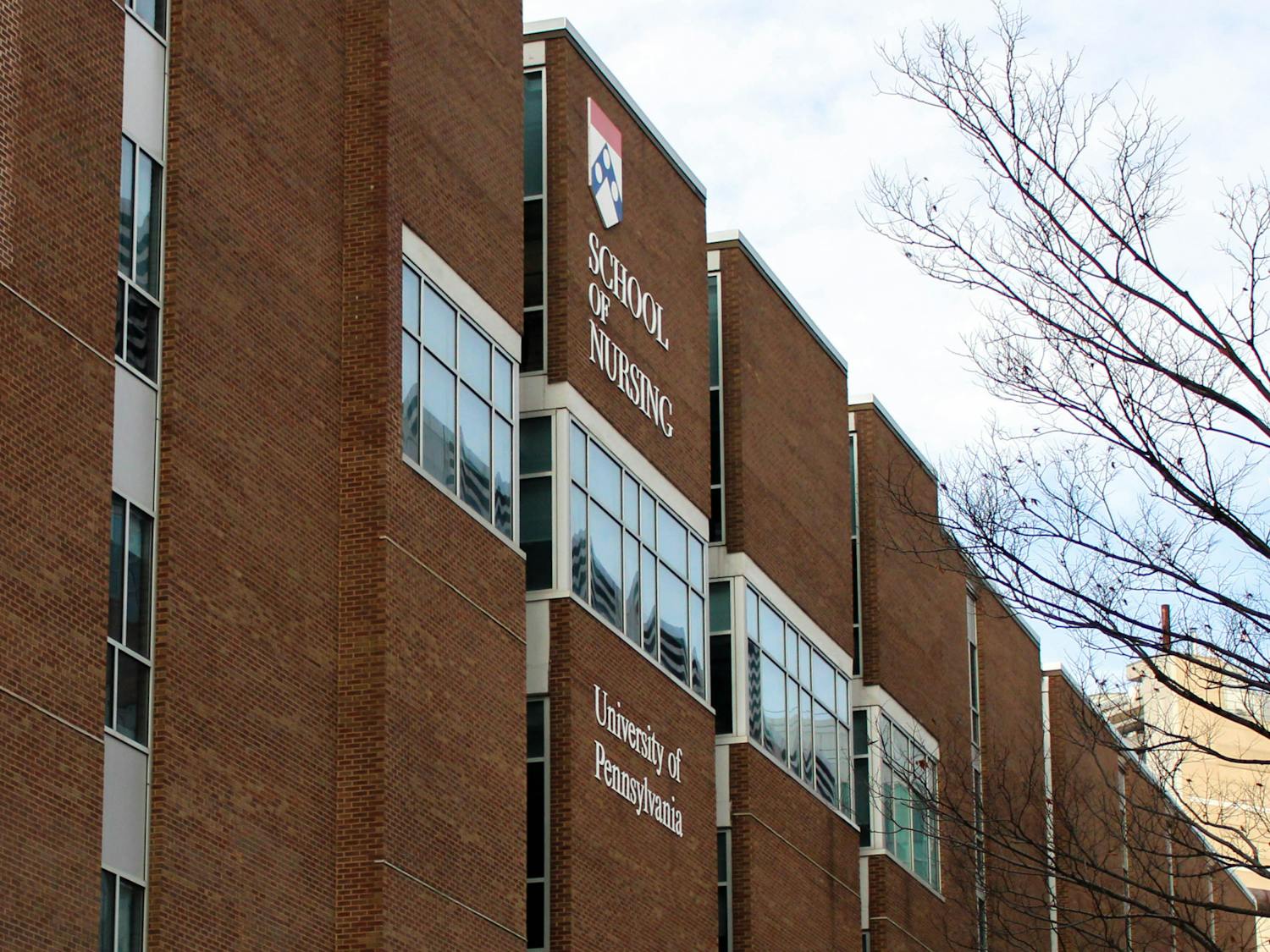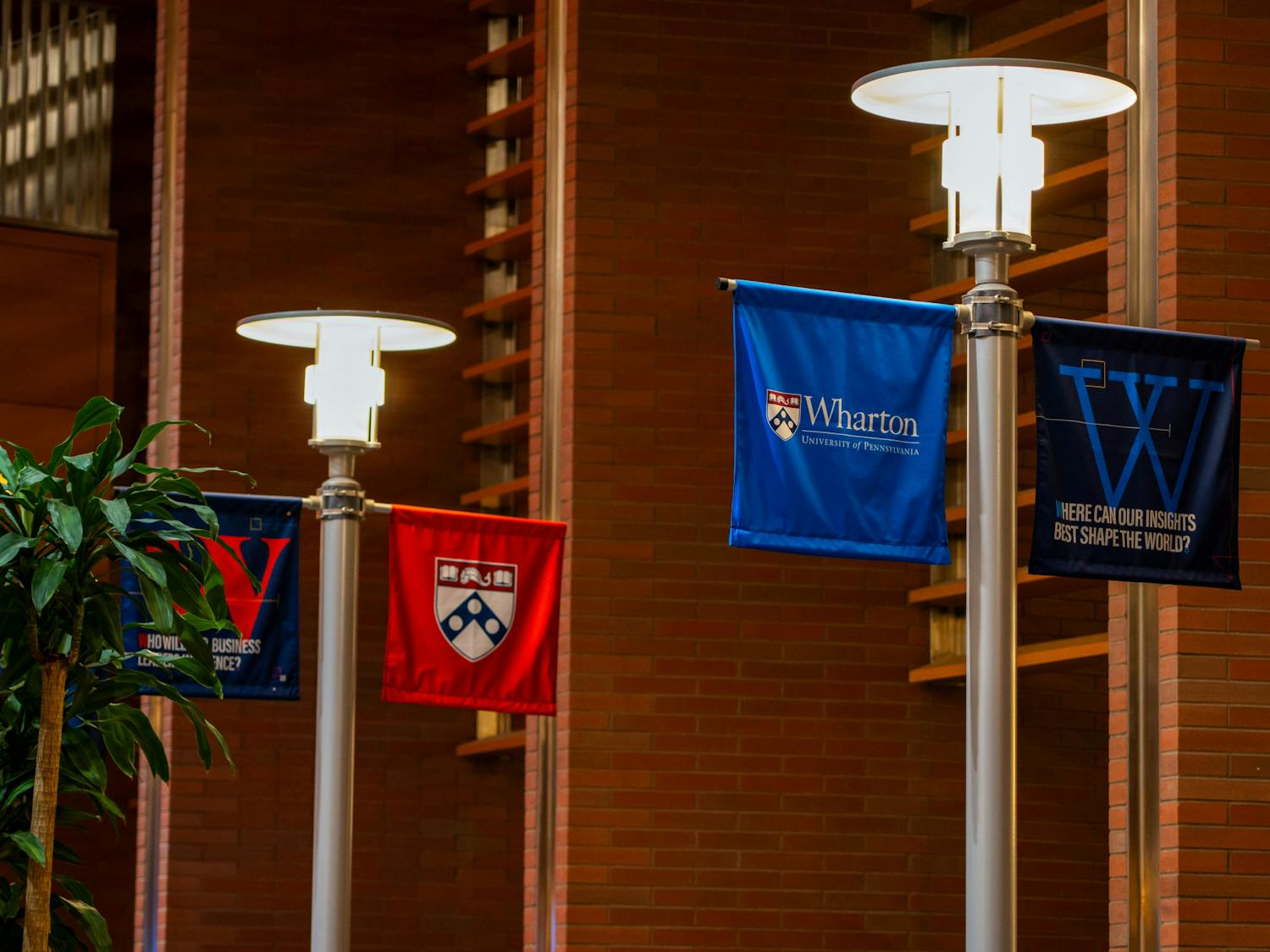Anonymous flyers found on campus have called on the Penn Museum to return two "stolen" stone horse artifacts back to China.
The two horse sculptures, which are currently on display, are part of a complete set of six stone horse reliefs called the "Taizong Horses" — four of which are on display at the Stele Forest Museum in China. The reliefs were originally commissioned by Emperor Taizong, the second ruler of the Tang Dynasty.
In 1921, the Penn Museum bought the two horse reliefs for $125,000 from C.T. Loo – a notorious Chinese art dealer whose methods of obtaining and exporting art have come under controversy. The six horse reliefs were stolen by unknown dealers, and while four were intercepted and remain in China, two were reportedly smuggled out of the country.
On Jan. 22, the anonymous flyers, titled "Prestigious UPenn: We Call On You To Return Stolen Horses to China,” were found in Williams Hall. The flyer argued that because the horse reliefs were originally stolen from China, the Penn Museum's purchase of the artifacts is invalid.
“The theft and sale of the two horses were themselves crimes," the flyer read. "UPenn buying them does not make the illegal legal."
Despite the debate, Penn Museum continues to stand by the legality of the purchase.
“The Penn Museum legally purchased the Taizong Horses in 1921, allowing us to share China’s remarkable cultural heritage with visitors from all walks of life, helping to foster empathy and create understanding in a complex world,” Penn Museum Public Relations Director Jill DiSanto wrote in an email to The Daily Pennsylvanian.
This is not the first time Penn has been pressured to return the two horse reliefs. In January 2017, the Zhao Mausoleum Museum in China issued a statement on their public WeChat page calling on Penn to return the horses. At the time, Penn Museum Director Julian Siggers said the museum was not aware of how the artifacts came into Loo’s possession before they were sold to Penn.
RELATED:
Penn Museum takes steps to protect its 1 million artifacts as HUP construction proceeds
Penn Museum's refugee and immigrant tour guides inspire deeper interest in Middle East

The debate has sparked controversy on campus, with professors and students divided over whether Penn should return the two horse artifacts.
Loo has been studied in Chinese language professor Grace Wu's introductory Chinese writing class, CHIN 032.
“In the Chinese perspective, he’s a thief," Wu said. "He stole national treasures and sold them to the U.S., but some people think he made a big contribution introducing Chinese art to the Western world."
Chinese language professor Jiajia Wang, who has also incorporated the history of the horses into her course work, said the focus of the debate should be on the illegal smuggling of cultural relics, and not which items American museums should return. She added that the artifacts have important educational value at Penn and said their return could bring logistical hurdles, such as shipping damage.
But some students disagree with keeping the horses at Penn.
“I would say the claim that the artifacts represent Chinese culture in the Museum is pretty weak,” 2018 College graduate Michael Kwok said. “The marginal representation it does provide is weaker than the obligation to return the artifacts to the place where they’re most culturally relevant.”
College and Wharton sophomore Katherine Hsu also emphasized the need for museums to better respect requests to return cultural artifacts.
“A lot of times when [Western museums] took these artifacts, not just from China but from countries in Africa or Latin America, I don’t think there was a fair power dynamic,” Hsu, who is also the vice chair of political affairs for the Asian Pacific Student Coalition, said. "I think this encourages all Penn students, no matter if you have a personal connection to Taizong horses or not, to think critically about these institutions."
"When countries demand rightfully that artifacts be taken back, we need to pay more respect and attention to these demands," Hsu said.









